Hello.

I'm Jonathan Moallem, a software engineer and games developer who loves to create unique, interactive experiences.

read more below
Hello.

I'm Jonathan Moallem, a software engineer and games developer who loves to create unique, interactive experiences.

read more below
About Me
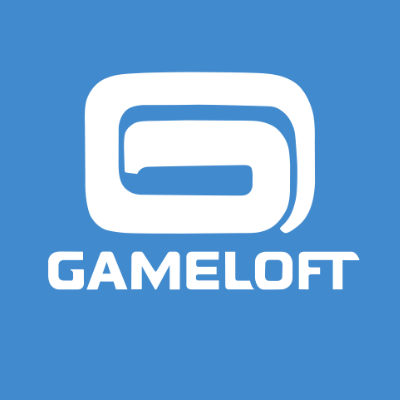
|
Based in Brisbane, Australia, I am currently working as lead programmer at Gameloft Brisbane, working with Unreal Engine in C++, Blueprint, and Python, having released one of Apple Arcade's flagship titles, My Little Pony: Mane Merge, winner of the 2023 Australian Game Developer Awards' "mobile games" category. |

|
Since 2020, I have also been working in my spare time to co-found and lead an independent, open-source, game development team, Caps Collective, publishing our debut title on Steam: Fantasy Town Regional Manager. The game was listed as one of Kotaku's top 10 Australian games of 2021, and a finalist in the 2022 Australian Game Developer Awards' "emerging games" category. |
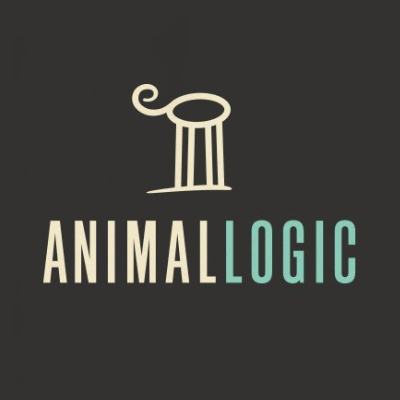
|
I have previously worked as a pipeline software engineer at Animal Logic, developing and maintaining animation & VFX software based on Pixar's USD 3D scene description format in C++ and Python. |
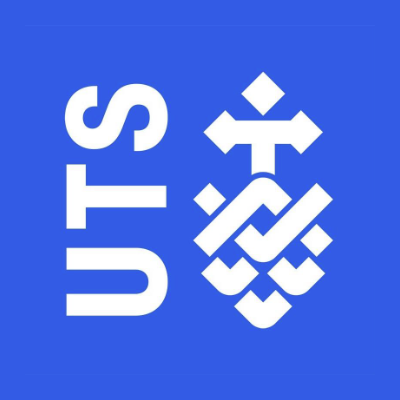
|
Before that, I had graduated from the University of Technology Sydney, with a BSc. (Honours) in Information Technology, achieving a high distinction and earning the university medal. I majored in enterprise systems development, and wrote my thesis on emergent narrative, studying game AI techniques and engineering practices, with research published at the IEEE Conference on Games (CoG) 2020. |
My Skills
Games I've Made
My Little Pony: Mane Merge
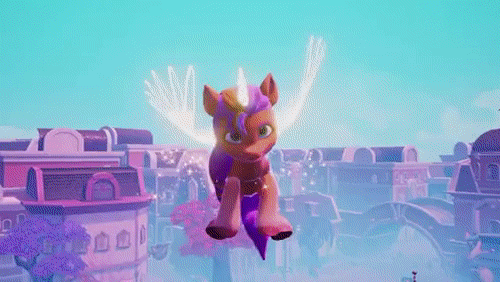
Built in Unreal Engine with C++, Blueprint, and Python as part of Gameloft Brisbane, the game is an officially licensed merge game for iOS, macOS, and tvOS as one of Apple Arcade's flagship titles, and winner of the 2023 Australian Game Developer Awards' "mobile games" category.
Working on the project from vertical slice to release and across a handful of content updates, I was responsible for developing and supporting several gameplay features and systems including FTUE, load/save, configuration management and multiple mini-games, whilst actively working to improve the health of the codebase and provide live game support.
View Game on Apple Arcade
Fantasy Town Regional Manager
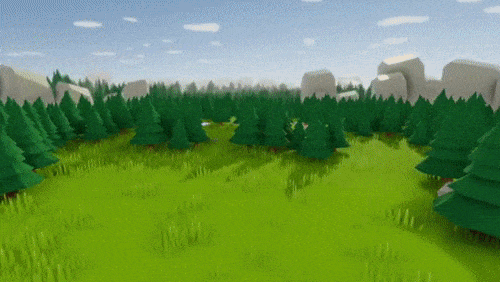
Created with Unity engine as part of a small team of university graduates, FTRM is a card-based, satirical, fantasy town-builder in which the player manages a hub for adventurers. The game features over 200 unique, hand-written events, quests and unlockable buildings, as well as my own original soundtrack.
After 19 months in development the game was released on Steam, listed as one of Kotaku's top 10 Australian games of 2021, and a finalist in the 2022 Australian Game Developer Awards' "emerging games" category.
View Repository on Github
Siege Engine
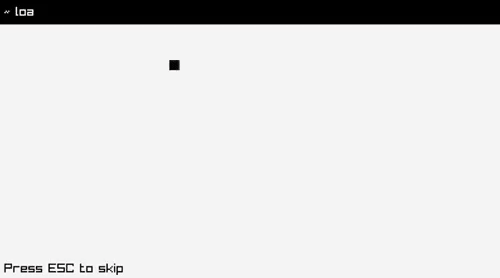
Built with C++ and Vulkan rendering API, Siege Engine is an open-source, cross-platform game engine, using a Make-based, modular build system. It features a fully unit tested core with a CI/CD pipeline for testing and compiling cross-platform builds, also handling release management. The core library provides modularly designed entity, collision, render, and scene management systems, as well as custom maths, containers, strings, logging and editor utilities.
View Repository on Github
Run for Covert
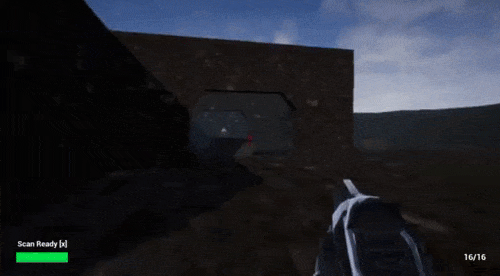
Developed in Unreal Engine 4, the tactical first-person shooter was built by a team of two for a subject in advanced games programming techniques. The game features HFSM-based enemy AI that utilise an intelligent cover system and fully procedurally generated levels and terrain. The game is also built to support multiplayer online and LAN for cooperative play.
Download & Play
(Available on Windows & macOS)
View Repository on Github
Emergent Narrative Testbed
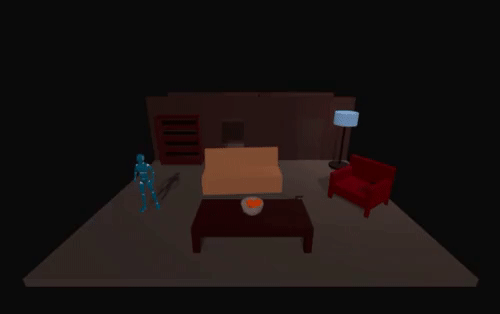
Developed in Godot engine to provide a testbed application to my honours research into interactive drama systems titled "Authoring Interactive Drama Games via Agent-Based Drama Managers", it features an emergent environment built using smart objects, GOAP-based AI agents and an HGOAP drama manager (hierarchical GOAP).
View Repository on Github
Smack Back
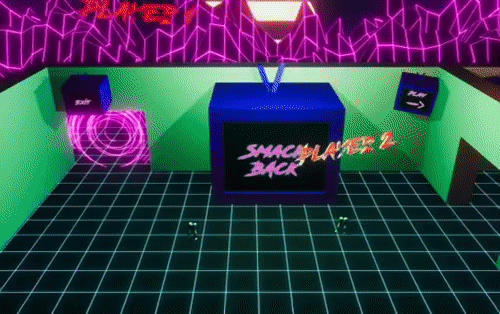
Created with Unity engine as part of a small team, Smack Back is a local-multiplayer game about being a pair of legs in a table-tennis traphouse. The game also includes some vaporwavy original assets as well as my own original soundtrack.
Download & Play
(Available for Windows & macOS)
Listen to Soundtrack on SoundCloud
View Repository on Github
ALLCAPS
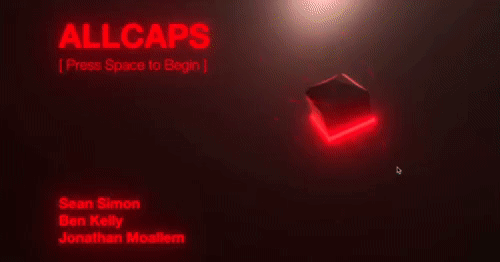
Created as part of a 5-hour game jam in Unity engine, as part of a team of three, ALLCAPS is mechanical key clicking, keyboard tilting, pinball bouncing fever-dream cross nightmare. It features a haunting industrial 3D environment, as well as fun and addictive gameplay to boot.
View Repository on Github
CyberHeist
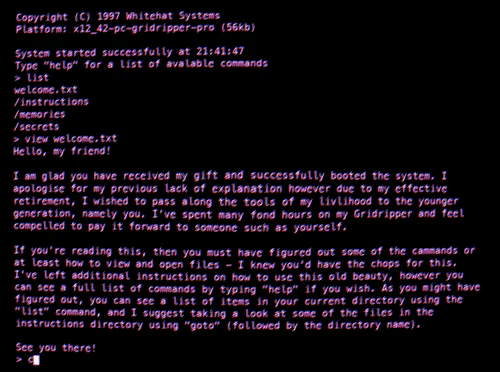
Developed over a 1 month period in the Godot engine, CyberHeist is the first project of my "12 games in 12 months" challenge. Featuring a retro terminal simulation, funky CRT-monitor shaders and a 3D visualisation, the game is a product of my interests in programming, 80s and 90s hacker-core sci-fi, and retro nostalgia.
Play In Browser
(Chrome & Firefox Only)
View Repository on Github
AI Behaviour Testbed
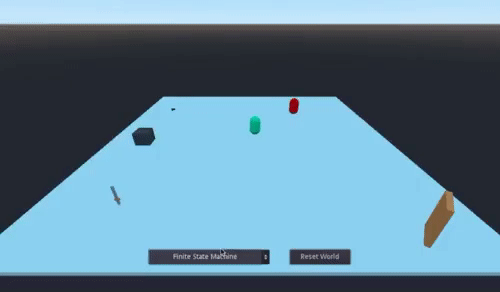
Developed in Godot engine to provide simple implementation examples, it effectively demonstrates the benefits and limits of different AI behaviour selection algorithms. It can hotswap various selection algorithms at runtime including: Finite & Hierarchical Finite State Machines (FSM & HFSM), Behaviour Trees, Goal-Oriented Action Planning (GOAP), and Hierarchical Task Networks (HTN) planners.
View Repository on Github
Move Fast, Break Faces
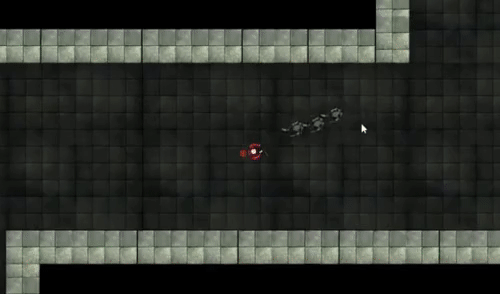
Developed in Unity engine as part of a team for a university subject in games design, "Move Fast, Break Faces" delivers exactly that, with fast-paced goblin-face-splattering in a topdown gameplay style. The game was selected for the UTS Student Games Showcase.
View Repository on Github
Emergence Testbed
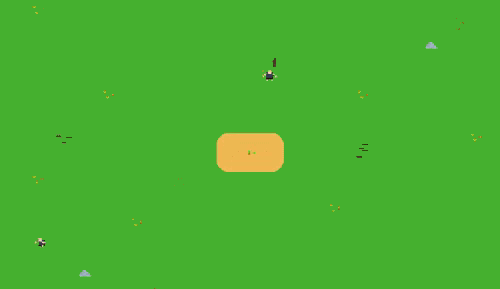
Built in Godot engine as a testbed for research on controlling emergent properties in a complex system, the project simulates a small population of "dudes", which appear to work together to build a settlement to avoid certain death. The project also outputs a running transcript of events that can be later analysed for research purposes.
View Repository on Github
Curve Flattener
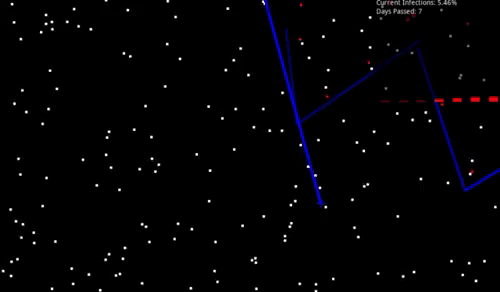
Built in Godot engine, the game draws on simulations and data modelling for epidemiology in order to demonstrate the place of quarantine and social distancing in combatting outbreaks. Players attempt use these tools in order to quell the outbreak and flatten the curve which is sharable to social media.
Play In Browser
(Chrome & Firefox Only)
View Repository on Github
UTS Discover

Built for the University of Technology Sydney's international marketing team, the app delivers an alternate reality (AR) experience using the Unity engine alongside the Vuforia AR library. It features the ability to display a map of the university campus on an AR marker card, as well as a 360 degree tour of the UTS campus. The game was selected for, and won the UTS Student Project Showcase.
Join the iOS Beta
Join the Android Beta
View Repository on Github
RNG Stronghold
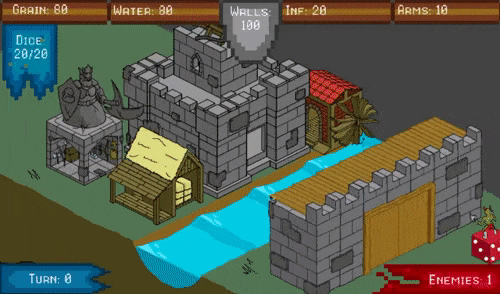
Created as part of another 5-hour game jam, in the Godot engine with a team of three. It eventually turned into the second game of my "12 game in 12 months" challenge. The game is heavily inspired by resource allocation-based board games, and features a quirky, pixelated art-style for lots of physics-based dice rolling.
View Repository on Github
The Innkeeper
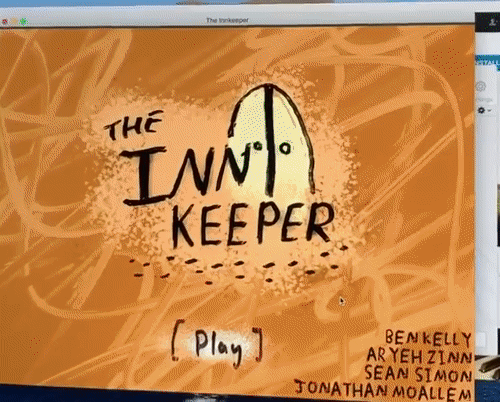
Created as part of another 5-hour game jam in the Godot engine with a team of four. The game sees you, an innkeeper, serve patrons food and drink in a fantasy tavern setting, featuring a fun, cutesy artstyle, with a minimalist, atmospheric approach to game UI.
View Repository on Github
Love Lunatic
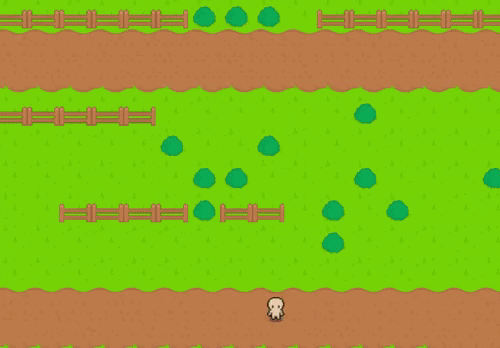
This project, built with the LÖVE 2D graphics library using the Lua scripting language, was an attempt to create something of a top-down RPG framework/engine. It features a tile-editor program that renders scenes with the same system used in gameplay, and includes event and dialogue systems which work hand-in-hand with the map-centric authoring tools.
View Repository on Github
M*A*S*H
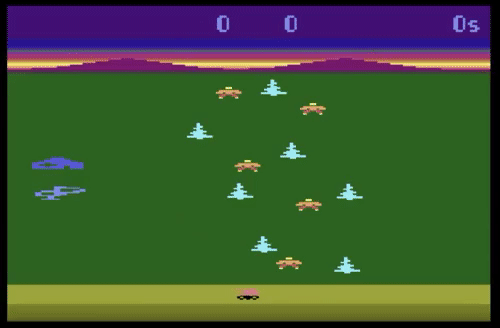
Created with Unity engine for a class assignment in agile games development, the project attempts to recreate the classic Atari 2600 game, M*A*S*H (1983). The original game assets were found or recreated to provide as close of an experience to the original game as possible.
View Repository on Github
Super Mario Bros.
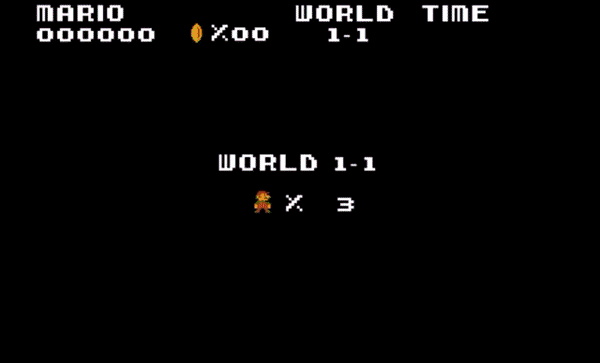
Created with Unity engine for a group class assignment in agile games development, the project attempts to recreate the classic NES game, Super Mario Bros. (1985). The original game assets were found or recreated to provide as close of an experience to the original game as possible.
View Repository on Github
Phantom Notes
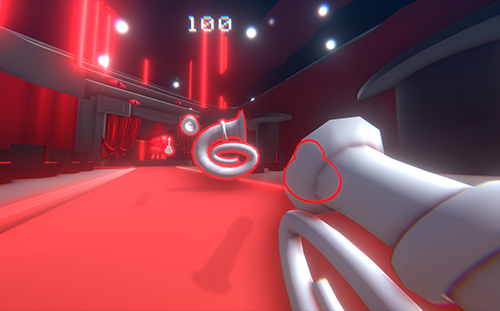
Built in Unity engine, the game is a 3D, first-person, bullet-hell that attempts to illustrate the truly horrifying experience of being trapped in a haunted jazz club. The game features procedural music as played by enemies, and relies on the player's ability to fire notes to the beat. The game won "best sound design" in the UTS audio-first game jam, sponsored by Dolby.
View Repository on Github
Pongagon
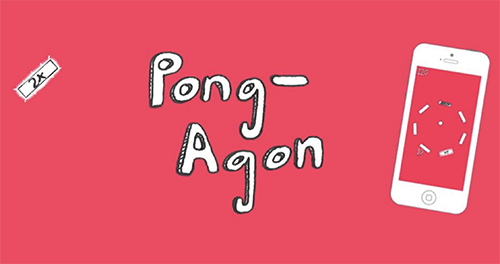
A hand-drawn, minimalist mobile game for Android & iOS built in the Unity engine about "keeping the pong inside the gon", essentially being a single player game of the classic arcade game, Pong. To date it has accrued over 20 thousand downloads on the AppStore alone. "Like Skyrim with Gons" - Not Polygon
Download on Android & iOS
BubbleTime
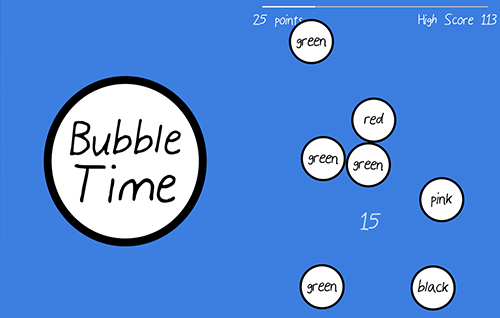
Developed for iOS devices using the Swift programming language for a university subject in iOS app development, the game uses the phone's gyroscope for bubble-popping action.
Download on iOS
View Repository on Github
BirdBrains
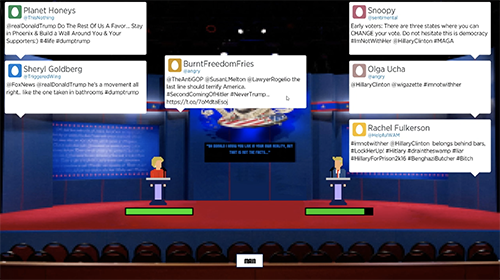
Developed using Processing 3 and Java for a university subject in interactive media, the experience pulls realtime data from Twitter to deliver a turn-based interactive experience about how Twitter was used through the 2016 US election for social engineering based gameplay. The project was selected for the UTS Student Major Works Expo.
View Repository on Github
The Gumption Fables
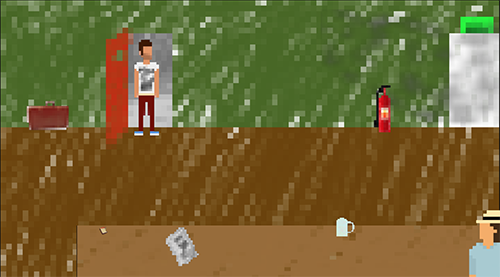
Developed in the Ren'Py visual novel engine and modified in Python, the game was made as part of my high school Software Design & Development course major work. The engine's functionality was modified to accomodate for point & click gameplay and features an original story with properly bizarre puzzles and absurdist dialogue.
View Repository on Github
Signature Keys
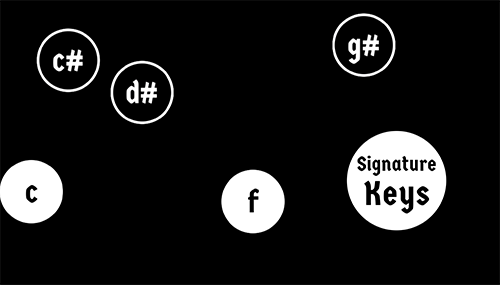
Built for iOS devices using the Swift programming language for a university subject in iOS app development, the game takes advantage of a number of Apple's libraries, as well as Firebase, and AudioKit to teach players simple piano progressions with fun, rewarding gameplay, and online leaderboards.
View Repository on Github
Sunk
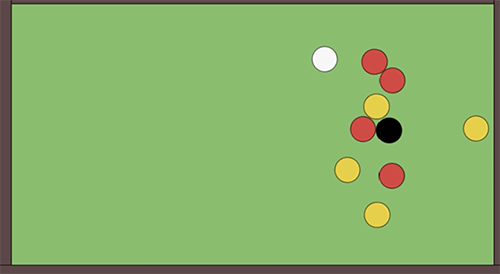
Developed for iOS and Android devices in the Unity engine, the game features a minimalist, two player game of pool for touch devices with unrealistically realistic ball physics and gripping snooker-esque gameplay.
View Repository on Github
CodeSprint
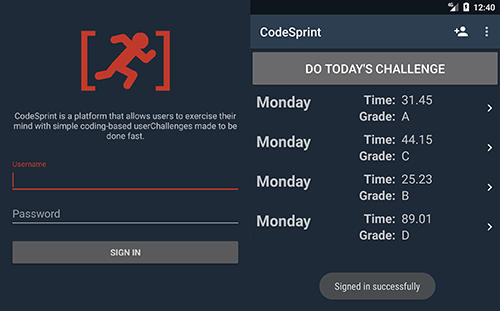
Created using the Android SDK with Java, CodeSprint is a multiplayer coding trivia platform for Android that helps users learn to program through coding challenges made to be done fast. The game includes social features for competing with friends on daily challenges, and utilises Firebase for auth and leaderboard tracking.
View Repository on Github
Software I've Made
Other Things I've Done
Streaming & serialisation for Unreal open worlds

In October of 2025, I delivered a talk at Games Connect Asia Pacific (GCAP) titled "Streaming & serialisation for Unreal open worlds". The talk attempts to capture some of the learnings, strategies, and hidden pitfalls encountered whilst working with Unreal Engine's World Partition systems, as informed by my own experiences working on a multi-platform, open-world title leveraging the technology over two years at Gameloft Brisbane.
"Unreal Engine 5 provides built-in solutions for chunked streaming management, multi-user editing, instancing, and LODing with its World Partition systems. There's a ton of great functionality to lean on that will get you 90% of the way to your open world game, but there's also a lot of glue and gotchas to look out for. This talk offers an overview of some of the systems and strategies we've used at Gameloft Brisbane to manage multi-platform, open world games, from schedule and world state to streaming and serialisation."
Download Presentation Slides
Watch Presentation on YouTube
A Review of Agency Architectures in Interactive Drama Systems
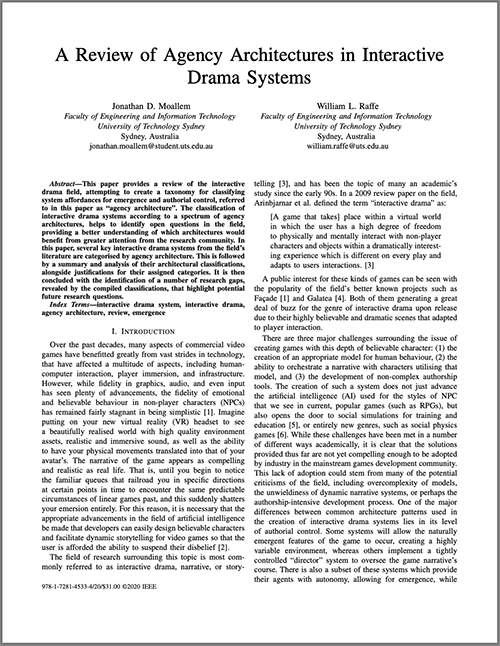
In August of 2020, I had my games design research paper on AI and narrative design titled "A Review of Agency Architectures in Interactive Drama Systems" published in the proceedings of the IEEE Conference on Games (CoG) 2020. The paper is a review of the interactive drama field in video games research, re-framing the field's key literature as existing upon a spectrum based on their use of scripted or emergent properties - theorising and proposing a new style of hybrid, emergent-scripted solution to drama manager design.
During the conference, I delivered a recorded presentation, summarising the paper's content, findings, and providing additional background on the research area of the interactive drama field. The paper was eventually adopted as the base of my honours research into agent-based drama management systems.
View Paper on Conference Site
Get Paper on IEEE Xplore
Watch Presentation on YouTube
GDC Game Narrative Review & Poster Presentation

In early 2019 I was invited to attend and present my work at GDC after winning gold for a paper I had written, as selected by a panel of industry veteran narrative designers.
The paper lays out my critiques of the narrative design of the game Aviary Attorney, applauding it for its use of setting to punctuate the themes of the game, as well as its broad-over-deep approach to the branching narrative. While some of the game's dialogue falls a bit flat, especially with regards to tone in certain sections, it is altogether a quality experience that deftly illustrates the powers unique to an interactive genre.
At the conference, I took part in the poster presentation session, where I was able to exhibit a poster that summarises my paper in a visual style to GDC attendees and a select number of professional game narrative designers.
View Document on GDC Vault
Agile Adventures - Game Story Bible
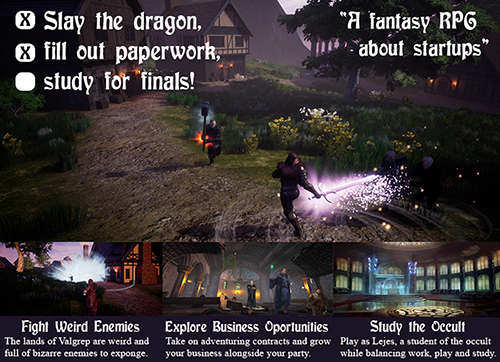
As a part of a university subject in narrative design for games, I created a cross-section of a "game story bible". The document spans a number of different design scopes, from dialogue to item descriptions, NPC barks, quest details, storyboarding, and more. Agile Adventures is my take on a fantasy RPG satire, where adventuring is big business, and every kid wants to make it in big-league adventuring.
View PDF Document